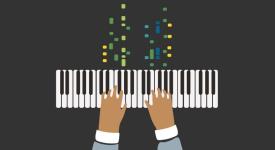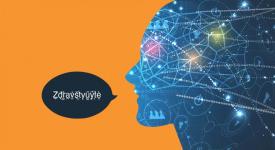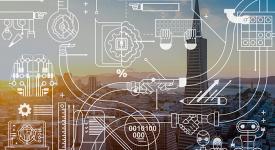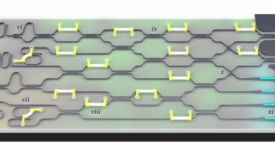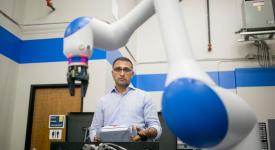Exploring Methods to Improve the Psychological Wellness of Content Moderators

03/07/2022 - When people think of content moderation, they usually imagine some kind of AI program that automatically monitors social media posts to delete inappropriate content. Though some content moderation is indeed performed by AI, a huge part of it is still done manually by people because moderation remains too difficult and nuanced for AI to perform well. In fact, over 100,000 content moderators work globally today to keep the internet safe for the rest of us.







